Alright, let’s cut to the chase: You’re probably here because someone Googled something like “pesticides gut bacteria” and landed in the middle of a biochemical how-to manual. Well, we’re not going to yap about the history of farming or toss you a dictionary of technical jargon. Nope—even if gut health chemicals don’t sound like beach reads, they’re huge influencers in your daily well-being. Plus, gut microbiome pesticides? Yeah, they’re shaping your digestion, mood, and maybe even long-term health… for better or worse.
Here’s the deal: A bunch of recent studies (there’s one right here, nbd) say over a dozen everyday pesticides mess with your gut bugs. Some microbes get wiped out, others explode like untamed, sugary yeast blooms—and not the fun kind. …Why should you worry? Because, in simple terms, your microbiome is like a bustling city inside you, and pesticides are bulldozers tearing up the streets. But hold up—what if we could outsmart ‘em a little? That’s where probiotics come in. Full disclosure here: It’s not a miracle cure… but there’s growing signs they could help buffer the damage. Alright, ready to dive in?
The Garden of Gut Microbes Got Trampled
The first big question everyone’s wondering: Which pesticides really mess with your gut bacteria? Because seriously, how many of those little bottles on store shelves are we even dealing with? A group of scientists mapped it out, and the list isn’t just a couple of outliers. They tested 12 major ones—from glyphosate to pyrethroids—and yeah, even the popular “natural” ones. Surprising, right? Turns out “organic” doesn’t always scrub-clean the gut microbiome pesticides issue.
How Pesticide Toxicity Plays Out in the Gut
Not all pesticides slug gut bacteria the same way—some zip in like grenades and blow up entire neighborhoods of microbes. Others slow nutrients in their tracks, like that one week you forgot to water the lawn. Imagine if your gut’s powerhouse bugs—the producers of short-chain fatty acids like butyrate or acetate—go into hibernation because they got bombarded with one of these sprays. It can send your digestive system diving into chaos. You might feel bloated, sluggish, or even more highs and lows than usual—your microbiome’s stress runs parallel to yours.
Here’s the kicker: These changes aren’t just academic chitchat. Ohio State researchers looked at what happened when gut bugs from healthy volunteers got laboratory-cozied with pesticide cocktails (super glamorous). They observed major shifts—some friendly bacteria starved, others grew like wildfire, and more than just digestion took a hit. You can guess who they referenced for that one, can’t you? (Study link)
Lab Models vs. Real Animals—What’s the Difference?
| Test Environment | Findings | Limitations |
|---|---|---|
| In Vitro (Petri Dishes) | Maps exact changes in microbial populations after pesticide exposure | Misses systemic responses from the host (like you or a mouse) |
| In Vivo (Lab Animals) | Confirms damage; shows inflammation, leaky gut, even mood-related feedback | Not fully applicable to humans without longer-term studies (yet) |
This table here? It’s like navigating with a flashlight instead of assuming the dark. What did we learn? That lab dishes show what damage happens, but you can’t know the full mess unless you follow through on a live terrain. That’s exactly what’s in play with the pesticide toxicity gut debate.
Why Gut Microbiome Pesticide Talks Matter
Imagine your gut like this hyper-smart, feeling-through-the-force control hub for every system in your body. Now imagine messing with it—through apple wax, through your tap water, through non-organic chili corn and those mystery ingredients in that pre-washed lettuce. These sprays don’t just vanish into thin air; they hang out, piggybacking on meals, bottles, bites… and they interact with the bugs right here, inside you. Not catchy, but true.
Struggling to Process Food? Pesticides Might Be Why
If your bloodstream is like a red carpet for delivering birhtdays wraps, then your gut microbiota are the ones behind the scenes—doing all the “readiness” work. One of the scariest things from the pesticide toxicity gut conversation? These chemicals slow down or confuse the bugs doing your fermentation work. For example, if you’re having issues consolidating fiber into butyrate (one of those “cheerleader” metabolites), you could be setting yourself up for taxes on long-term health. Who’s pulling these strings? Glyphosate and trifloxystrobin both show red flags here.
From Gut to Brain: Bigger Side Effects Than You Think
Real curious, huh? Think your gut only revolves around digestion? Nuh-uh. A field study highlights the gut-brain axis—an actual highway that connects your digestive health to your mental health, immune regulation, and yes, stress levels. When you trip up the microbial vibe down there, it can send brainwaves asking for attention. Don’t panic—just evidence-based heads-up.
Are Probiotics Even Useful Against Pesticides?
This is the million-dollar question. And guess what? Some of the smartest folks in the room are already taking guesses (and proving some points). Probiotics pesticides—totally a trend in food science, not just marketing.
Could Probiotics Reverse Pesticide Damage?
Here’s where those in-the-lab experiments pivot to something real: In recent trials, certain probiotic strains—like L. plantarum or B. longum—acted like cleanup teams swirling through pesticide debris and restoring balance. Their secret? These superhero bugs cling to toxins, neutralizing them before they can stick around and undo gut health chemicals. But is that all? Not exactly—time for a coin flip.
Not All Probiotics Will Show Up to Fight
It’s a pisser, but not every $50 probiotic in a marketing vortex does the job. Some strain types don’t even recognize the incoming pesticide until it’s too late. Others? They die under the bombardment like poorly armored heroes. Science calls this “strain-specificity”—and it’s the bane of marketing copywriters everywhere. Stick with ones validated by “in the lab” evidence, like batches tested for glyphosate resilience. We’ll dish more below.
Do the Benefits of Pesticides Outweigh the Gut Health Risk?
Delete the term “organic” or “healthy” from your brain for a sec—agriculture without pesticides? Let’s just say food prices would rocket like Musk’s Newspeak. But here’s the hard truth about your gut microbiome: These gut health chemicals aren’t just optional extras. They’re custodians of energy, immunity, and mood management. So… can we straddle both sides?
How to Track Your Pesticide Exposure (Without Becoming a Science Hermit)
Start by feeling your diet footprint (cheesy, but true). A few things to look for:
- If your system feels like it’s glitching after round-the-corner groceries.
- Wazzock water? Bottled H2O might mean fewer pesticide exposure risks.
- Organic budget—sleek but expensive? Maybe start where it matters most (like the ones on the “Dirty Dozen” list).
Oh—and mindfulness applies here too. If gas, diarrhea, or bloating starts getting clingy after meals, it could be the pesticide toxicity gut angle. Grab a food journal and play detective.
Pesticide Exposure—Ways to Ignore Less
Ask yourself: Do you just grit your teeth and move on with a non-organic apple? Or do you try to clean them well? Here’s a practical list without turning into Martha Stewart 2.0:
- Veggie Bathing Spa – Soak in a baking soda and water slurry to cook off some residue. (Yes, you read that somewhere before. We’re just here to validate.)
- The 80/20 Rule – Switch the most frequently consumed expensive foods to organic. If you eat an apple a day, rule #1: Organic.
- Biofilter Your Water – Pitch in for a decent water filter. You might save your guts and your liver from a cocktail of chemicals.
Slow and steady wins the pesticide-behavior hotspot. But hey, someone’s gotta keep the stool report humming without escaping into orbit, right?
Real People, Pesticides, and a Few Science Facts
What if you lived somewhere where pesticide spraying wasn’t a science question, but a daily life thing? A 2024 study took a dive into farming communities—where folks aren’t just ingesting trace amounts. They’re breathing in dust droplets, fending off chemical sprays in the field, even getting it through soil contact. Their microbiome diversity? Not great. Not terrible—but ticking along on not-so-great odds.
Synbiotic Scientists: Trying to Outsmart Pesticide Damage
A Synbiotic co-founder (no joke) mentions in a Ground.News article how his team is building real-world probiotics that target农药intolerant bugs. Translation: Smart bugs with software-like precision against sprays. He says it like this: “We wouldn’t design probiotics for idealize lab settings. We want ones that can handle a gut that’s already under attack.” Boring if you’re eating kale plain for breakfast, inspiring if you’re in the gut intelligence trenches.
Rinsing Pesticides ≠ Rinsing Health Loss
Ever washed an apple under the tap and thought you’ve saved yourself? Kinda cute. While surface removal works to a point, most residues sneak in deeper—especially with waxy produce. You learn something, and suddenly go full hunter-gatherer mode? Not required. Just informed food choices. Which brings us to your game plan below.
Getting Your Gut Ready for a Chemical-Free-ish Life
Look—we’re not anti-pesticides! Those little frog eyes? Probably on board the ag-chem revolution if we want to keep farming possible for the world. But we can support our gut health chemicals at scale. You’re not a super lab animal. You’re a living person, crammed full of grabs and groceries. Let’s get pro-wellness, not anxiety mode.
Diet Swaps? Let’s Build a Gut Resilience Plan
| Standard Diet | Pesticide-Resilient Swap | Why It Works |
|---|---|---|
| Dairy-only yogurt | Kefir with live cultures | More strains = more resilience to chemical hiccups |
| Non-organic berries | Organic or locally sourced berries | Lower midpoint of crop residue = less gut bedazzlement |
| Tap water… but y’know | Charcoal water filter | Chlorine & pesticides filtered out. Sober up a little body clean-up power. |
What Can’t Probiotics Fix Right Now?
Look, science is still stitching the quilt. There’s no magic pill yet for pesticide toxicity gut intervention. And if someone promises one? Pause that purchase. For now, true probiotic interventions aren’t FDA-labeled (we checked), so trial, patience, and maybe gossip with your nutritionist is your best bet. And don’t confuse probiotics pesticides with detoxing cabbage cleanses. You know the type.
Final Word: Knowledge Is Your New Gut Armor
We’re not saying pesticide-free eating is realistic unless you live near the farm and forage. But you can adjust, daily, through choices that build a stronger, more adaptive gut microbiome. Whether it’s trying a friend’s kombucha stash or really scrutinizing your cleaning product formulations—every probiotic win helps.
This isn’t about pushing a lifestyle you’re not ready for. It’s about channeling gut health power and knowledge—because the microbial world inside you* is the one you interface with daily. And you’ve got to ask yourself: Are you just dodging chemical hits, or building your own shield? We’re firmly planting our flags on the latter.
Need a place to start? Think about (no, not a 30-page written rebuttal on organic policy)—just this: What’s the one food you eat regularly that might be hiding pesticide residues right now? Let’s say your toxic avocado toast? Swap it out this weekend with locally grown guac or sprouts that feel more peaceful in the gut department. No judges here—just results.
Got any questions? Seriously, drop a comment: No gut bacteria relationships here get thrown to the wolves without a warm welcome. Cheers to digesting better in 2025.

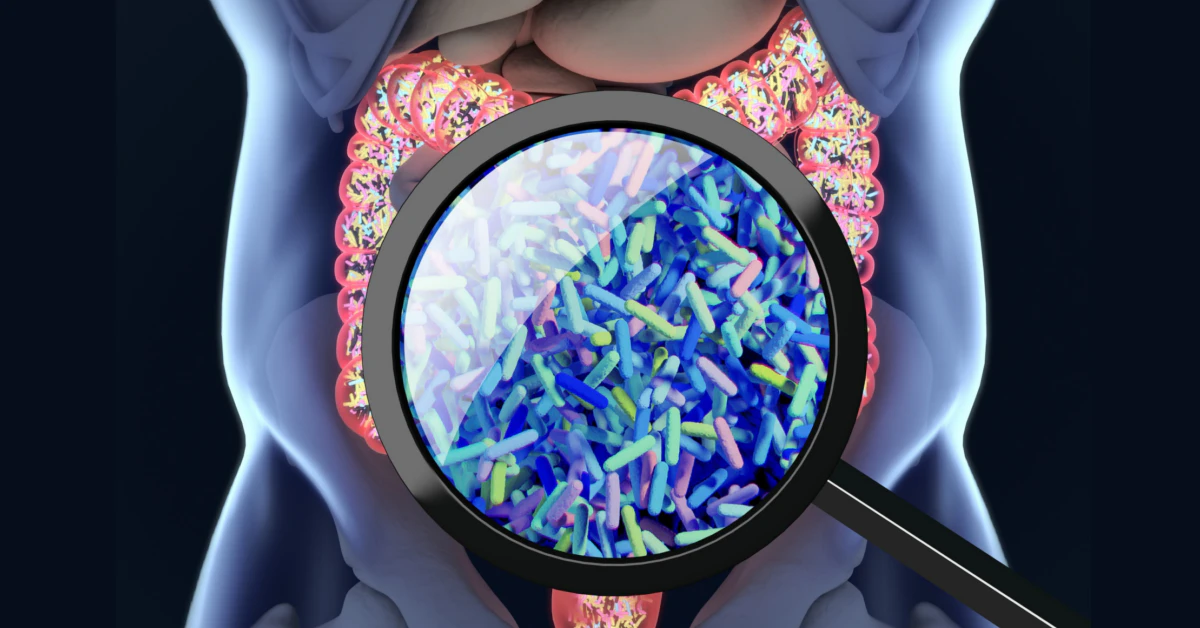
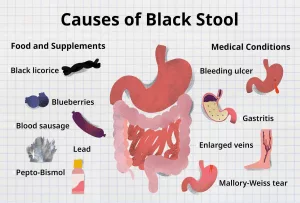



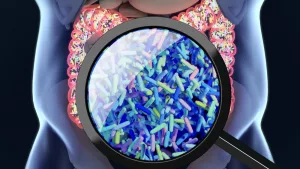
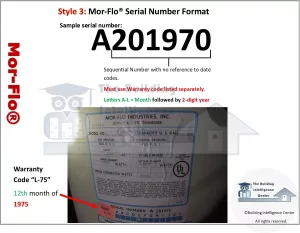
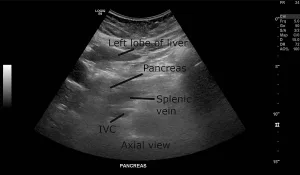
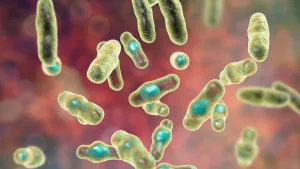




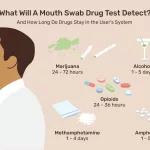
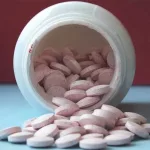
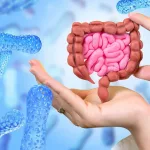



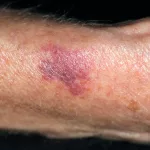




Leave a Reply
You must be logged in to post a comment.